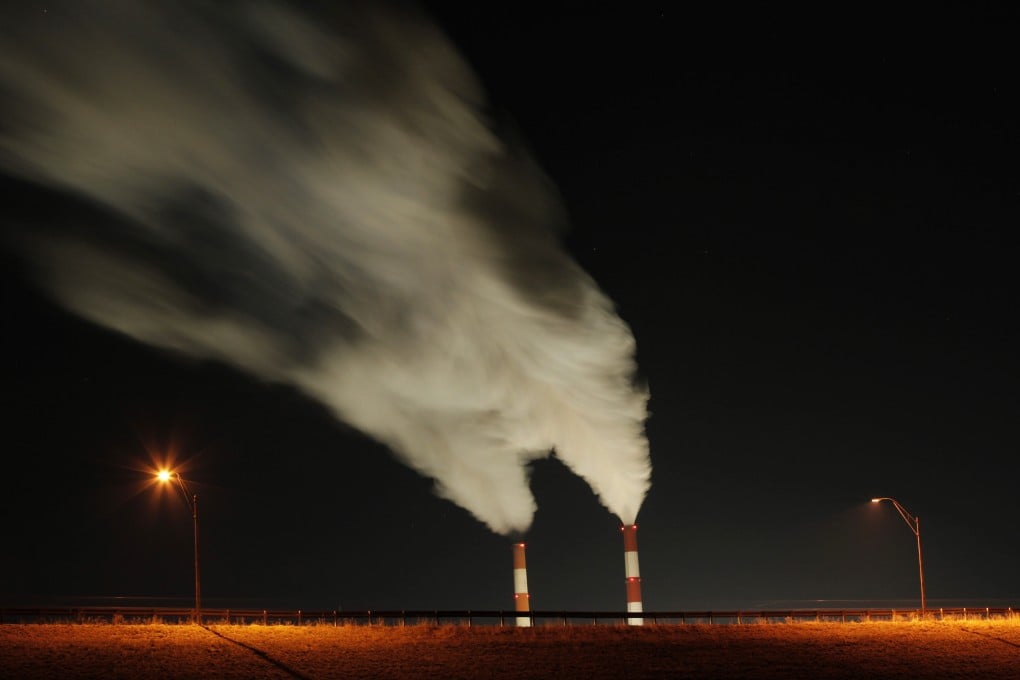No way to stop the climate change we have unleashed
Graeme Maxton says we cannot manage the limits of nature

We want to live in a world without limits. Like long-distance runners and racing drivers, humankind is always trying to overcome limits to achieve more.
Even so, there is a maximum speed we can run, even drug-enhanced. There is a maximum speed cars can drive before they begin to fly. We don't understand where many of these limits lie, simply because we haven't reached them yet. One day we will reach them, and we will understand then that they cannot be overcome.
When we talk about boundless oceans, endless horizons and infinite possibilities, this is merely poetic. While possibilities may be many, they are never infinite. Even our universe has limits. Our imagination is also limited, by everything we currently understand. It is impossible to conceive anything more.
When we reach natural limits, even the best technology cannot overcome them. We only think they can be overcome because we have not encountered many so far, and because the limits we have breached until now were man-made, or not really limits at all.
Some of nature's limits are known. Nothing can travel faster than light, for example, at 300,000 kilometres per second in space.
These are natural limits. Man-made limits, however, are changeable. They can be overcome.
In nature, warning signals often appear only when change is unavoidable